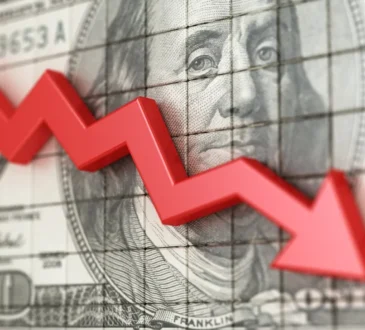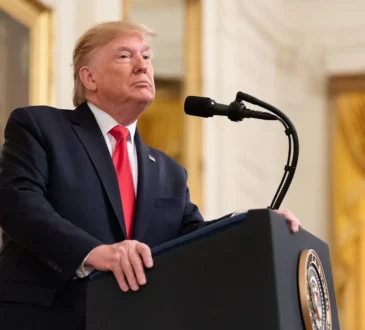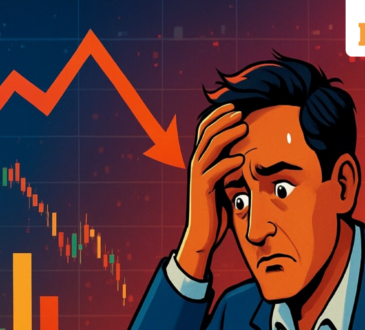
Investing.com – The S&P 500 closed lower on Tuesday, as the tech wreck continued pressured by tariff uncertainty and a jump in bond yields.
At 4:00 p.m. ET (20:00 GMT), the blue-chip Dow Jones Industrial Average fell 249 points, or 0.6%, the benchmark S&P 500 fell 0.7%, and the tech-heavy Nasdaq Composite slumped 0.8%.
The main averages on Wall Street were closed on Monday in observance of the Labor Day holiday. At the end of the last trading day on Friday, stocks dipped, weighed down partially by declines in artificial intelligence-related names. Sticky personal consumption expenditure price index data also sparked some doubts over just how much impetus the Federal Reserve has to cut rates.
President Donald Trump said he would request the Supreme Court deliver an expedited ruling on an appeal seeking to overturn an appeals court decision that declared most of his tariffs imposed were illegal.
The U.S. Court of Appeals’ ruling that found most of his levies imposed were illegal, and that only Congress holds the authority to pass the duties.
Media reports have suggested that Trump officials have long anticipated that the high court would eventually need to settle the matter. The administration is reportedly confident that the tariffs — and Trump’s push to assert his authority to enact them — will eventually be supported by the court’s conservative majority.
In a note to clients, analysts at Vital Knowledge said the the appeals court decision is “at best neutral” for markets, adding it “won’t come close come close to eliminating Trump’s import taxes, and it just creates more uncertainty for Corporate America as the White House searches for a sturdier legal scaffolding for its draconian trade policy[.]”
Although a Supreme Court ruling against the tariffs may lower the prospect of tariff-related economic disruptions, such a move has the potential to herald elevated murkiness around recent trade agreements between the U.S. and its partners, which could need to be renegotiated.
Trump’s tariffs took effect from August, with countries facing levies between 10% to as high as 50%. But a bulk of the tariffs are expected to be borne by local importers, which could underpin U.S. inflation in the coming months.
Treasury yields jumped sharply in tandem with a jump in other global bond yields amid concerns about rising global debt levels.
Concerns about the U.S. having to repay revenue collected from tariffs, which would deepen the country’s massive debt added to global fiscal worries, putting further pressure on U.S .Treasuries.




